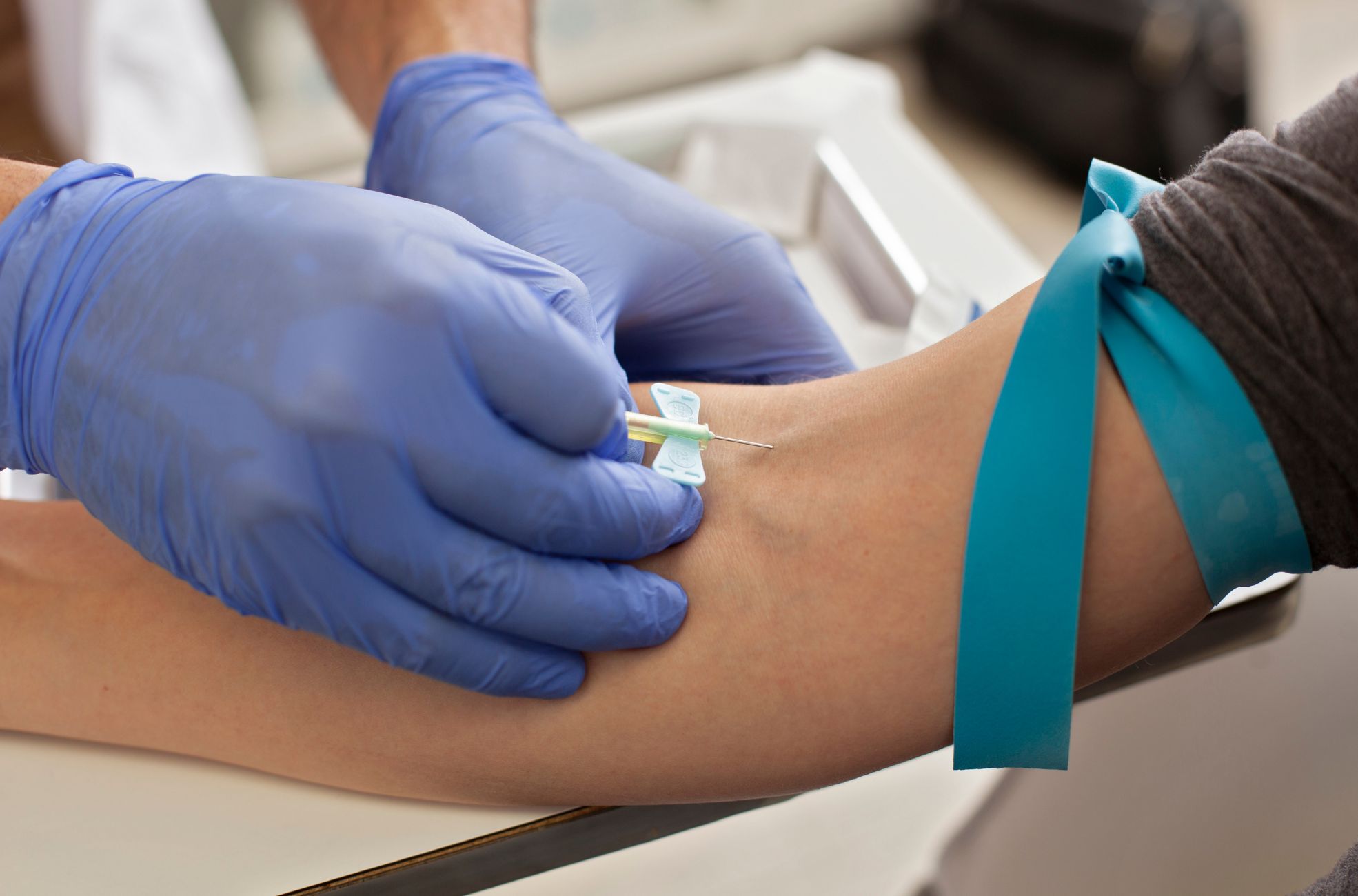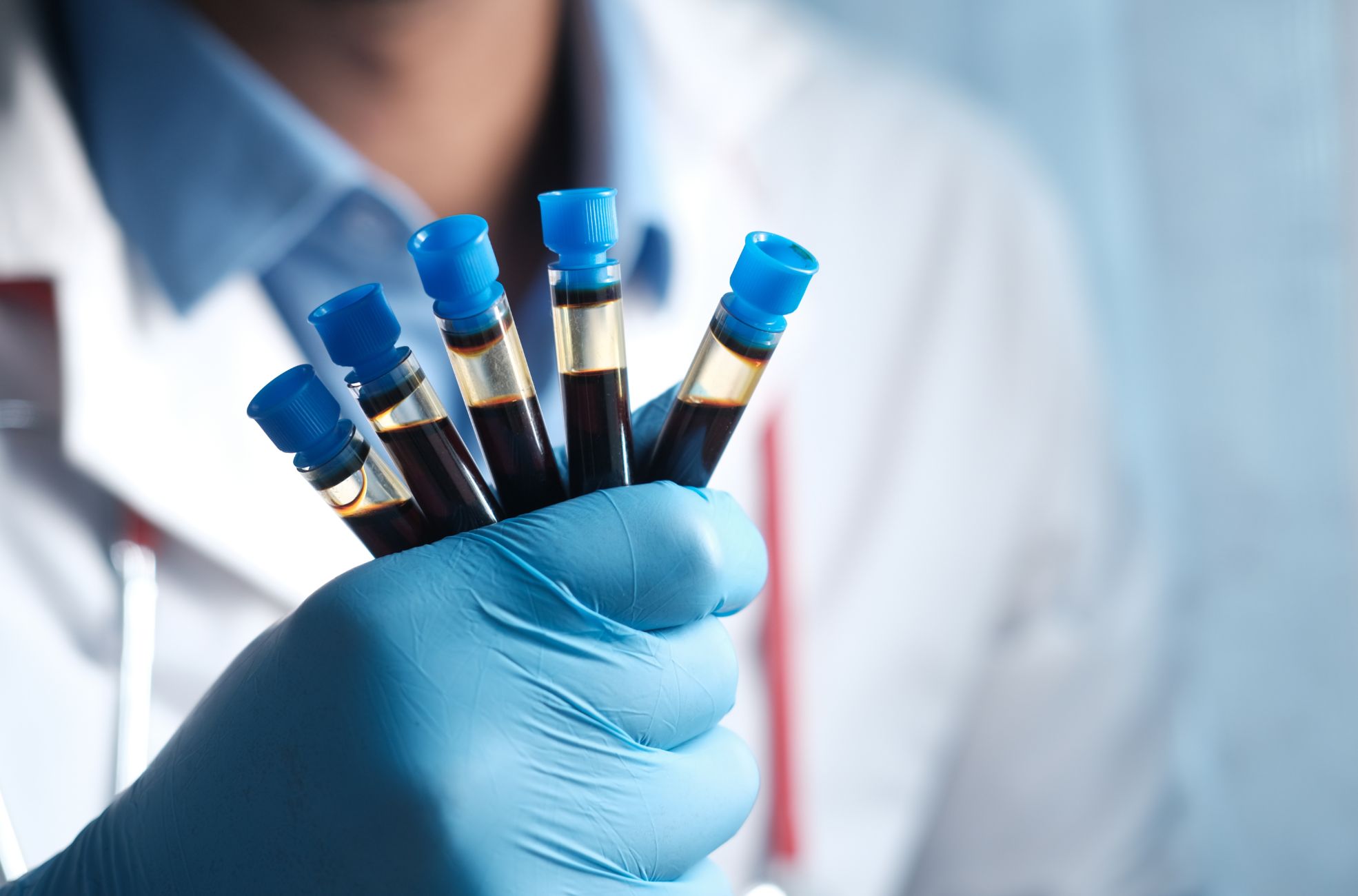Did you know that over 80% of the UAE’s population comprises expatriates? For many, the medical fitness test is a key gateway to obtaining or renewing a UAE Residence Visa. This thorough health screening, mandatory for all expatriates over 18, helps protect public health by detecting communicable diseases such as HIV, Viral Hepatitis, and Active Tuberculosis.
A solid grasp of the process—from required documents to what happens after the test—can significantly simplify your path to residency.
The UAE Residence Visa Medical Fitness Test
Purpose and Importance of the Test
The medical fitness test is a key requirement for expatriates looking to obtain or renew a UAE Residence Visa. It reinforces the UAE government’s dedication to safeguarding public health by ensuring residents are free from certain transmissible illnesses. Compulsory for all expatriates over 18, it screens for diseases including HIV, Hepatitis B and C, Leprosy, and Pulmonary Tuberculosis (Active TB). This step helps protect the broader community and prevents the spread of infectious conditions.
Required Documents
Applicants must bring specific documents when attending the medical fitness test. Typically, these include a passport-type photograph, the original passport, and either a current UAE ID card or a UAE ID application form if the residence permit is being renewed. These documents are necessary to confirm the applicant’s identity and ensure accurate recording of results.
Eligible Testing Centres
The examination must be carried out at an authorised health centre in the Emirate where the visa has been issued. These centres are available across the UAE, including Dubai, Sharjah, Ajman, Ras Al Khaimah, Fujairah, and Umm Al Quwain.
Here at DUQE, we have our own on-site facilities to conduct your medical fitness test as part of our value-added services.
Each location provides a standard medical examination, blood tests for communicable diseases, and a chest X-ray to check for respiratory issues. Pregnant individuals are exempt from the X-ray to avoid any potential risk to the unborn child.
Validity Period
The medical fitness certificate usually remains valid for as long as the Residence Visa itself. This may be 1 to 3 years for sponsored visas, while some unsponsored visas can extend up to 5 or 10 years. The certificate confirms that the individual has no infectious diseases, a key requirement for sustaining residency in the UAE. Standard test results are often ready within 24 hours, with the option to pay extra for results in as little as 10 to 30 minutes.
Medical Examination Process
This examination is important for gaining or renewing a UAE Residence Visa, ensuring the applicant does not present a health risk. It is mandatory for all expatriates aged 18 and above.
Registration and Appointment Booking
The process starts by registering and booking an appointment at an authorised medical centre in the Emirate where the visa was issued. Those renewing their Residence Visa must bring an Emirates ID; companies with more than ten employees also need delegate cards. Applicants can choose between standard processing (results usually within 24 hours) or expedited processing (10 to 30 minutes).
Blood Tests and Screenings
Blood tests are central to the medical fitness assessment and screening for HIV, Hepatitis B, Hepatitis C, and Leprosy. These checks help identify any conditions that could pose a public health risk. Pregnant individuals only undergo blood tests, as they are exempt from chest X-rays to protect the foetus. There is no requirement to fast beforehand, although staying hydrated and having a light meal may make the process more comfortable.
X-Ray Examination
A chest X-ray is typically carried out to detect Active TB or other respiratory conditions that may endanger public health. This quick procedure helps maintain efficiency in the overall medical fitness process. Once again, expectant mothers are excused from this examination.
Physical Check-up
In addition to the blood tests and X-ray, a brief physical check-up reviews an applicant’s general health. This step usually takes only around 10 minutes, ensuring minimal disruption to daily schedules. Once all parts of the examination are completed, results are shared via email and SMS.
They are also sent to the General Directorate of Residency and Foreigners Affairs in the Federal Authority for Identity and Nationality, and the original medical certificate is delivered via courier.
Specific Health Conditions Tested
Infectious Diseases
One of the main objectives of the medical fitness test is to screen for infectious diseases that could pose a community health risk. Blood tests identify conditions such as AIDS/HIV, Leprosy, Active TB, and Hepatitis strands. Certain types of work—including roles in nurseries, domestic employment, food handling, and healthcare—also require testing for Syphilis and Hepatitis B. By enforcing these measures, the UAE aims to foster a healthier environment for everyone.
Chronic Illnesses
The assessment also considers chronic conditions that might interfere with a person’s ability to reside or work effectively in the UAE. Although specific details of these tests are not provided, roles demanding high levels of physical or mental endurance call for applicants who can handle such demands without significant medical concerns.
Pregnancy Testing for Women
Female applicants, particularly those seeking roles in domestic settings, undergo pregnancy tests. This ensures that pregnant women are not placed in working conditions that could be risky for them or their unborn child. They are exempt from chest X-rays, requiring only a blood test.
Mental Health Assessment
A mental health evaluation is also part of the medical fitness test, especially for roles involving high stress or extensive public interaction. The UAE strives to create a more stable and productive workforce by confirming that applicants are mentally prepared.
Post-Test Procedures and Visa Issuance
Submitting Results to Authorities
After the medical tests are finished, results are automatically forwarded to the General Directorate of Residency and Foreigners Affairs in the Federal Authority for Identity and Nationality. Applicants receive updates about their applications via email and SMS. This streamlined communication between health centres and government bodies helps minimise delays when moving from the medical evaluation phase to obtaining a visa.
Obtaining the Residence Visa
The medical fitness certificate is a key document that proves an applicant poses no serious health risk to the public. Once the medical results are approved, applicants proceed with the remaining visa requirements, including security checks and the Emirates ID application. Visa stamping usually takes 3 to 5 working days, and the permitted duration of stay (1 to 3 years in most cases) depends on the visa type and sponsorship status.
Renewal Requirements
A fresh medical fitness test is needed each time you renew your Residence Visa. The procedure mirrors the initial application; you must produce a valid Emirates ID. These periodic tests allow the UAE to keep up-to-date on the health status of its expatriate population.
Exemptions and Special Cases
Certain groups are excused from specific parts of the medical fitness process. Pregnant women, for instance, need only take a blood test, while expatriates under 18 are not required to undergo the tests at all. Some individuals may also have to submit extra documentation if they do not pass the standard assessment. Additional medical evaluations may be called for if deemed required in certain instances.
Health and Safety as a Cornerstone of Residency
The UAE’s commitment to public health underpins its requirement for medical fitness tests as a prerequisite for obtaining a residence visa. These tests play a critical role in safeguarding the community by identifying and mitigating the spread of infectious diseases. The UAE protects its diverse population and enhances overall public well-being by ensuring that residents meet stringent health standards.
This proactive health measure reflects the government’s forward-thinking approach, fostering an environment of trust and safety for both expatriates and citizens. Efficient processes, rapid test results, and accommodations for exceptional cases, like pregnant women, highlight the UAE’s dedication to fairness and accessibility. By prioritising health at the foundation of residency, the UAE continues to set a global benchmark for inclusivity, growth, and quality of life.
FAQs
What Type of Medical Test Disqualifies You From Working in the UAE?
Certain transmissible illnesses can lead to disqualification. Examples include testing positive for HIV/AIDS, Active TB, or untreated Hepatitis B. In some professions, testing positive for conditions like syphilis or leprosy may also be grounds for denial. If someone does test positive, they may be deemed medically unfit and refused a work or residency visa. Health rules can vary by Emirate and job type.
Can I Stay in the UAE After Being Medically Unfit?
If you are declared medically unfit, you cannot get or renew a UAE residency visa, which generally means you must leave the country. Residency visas rely on passing the medical fitness test. However, in specific cases (for instance, inactive or Type 1 TB that can be treated), a temporary stay may be possible for medical care. Each case is evaluated individually, so it is wise to seek guidance from the relevant immigration authorities if needed.



